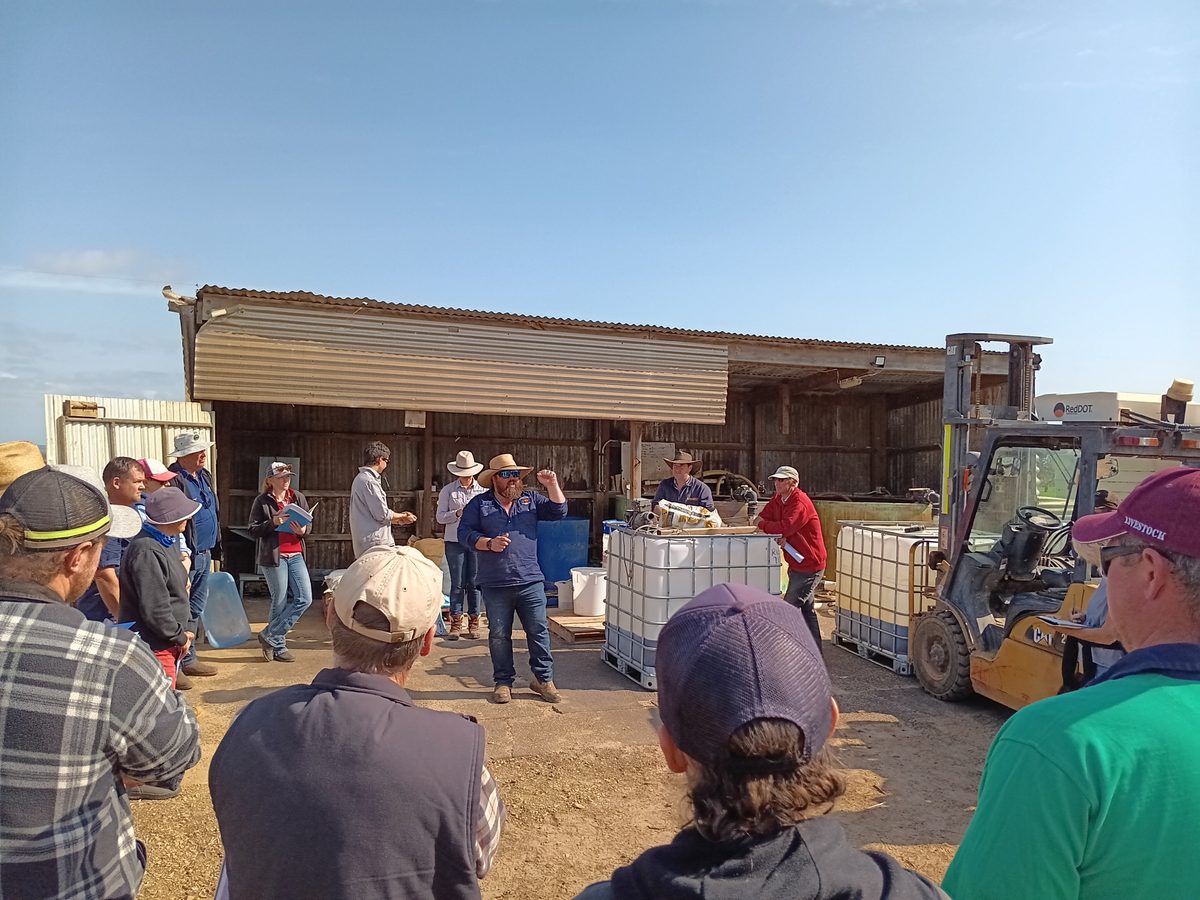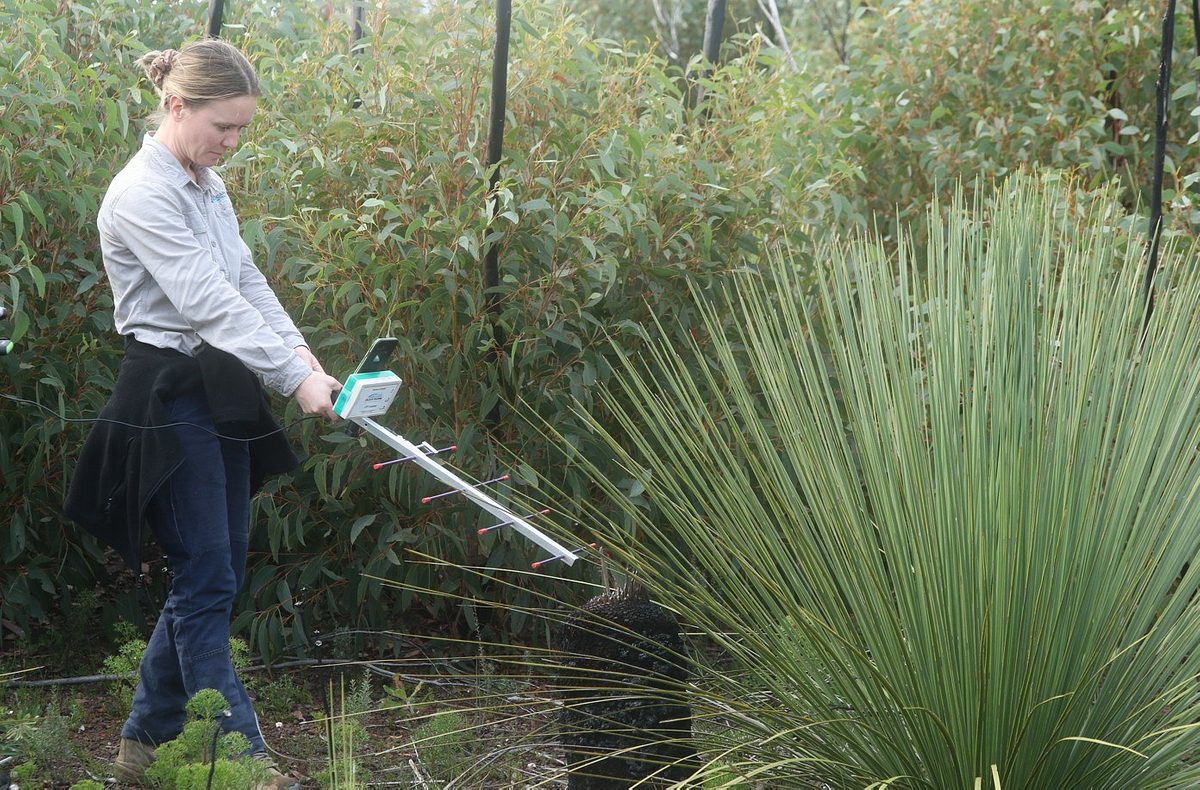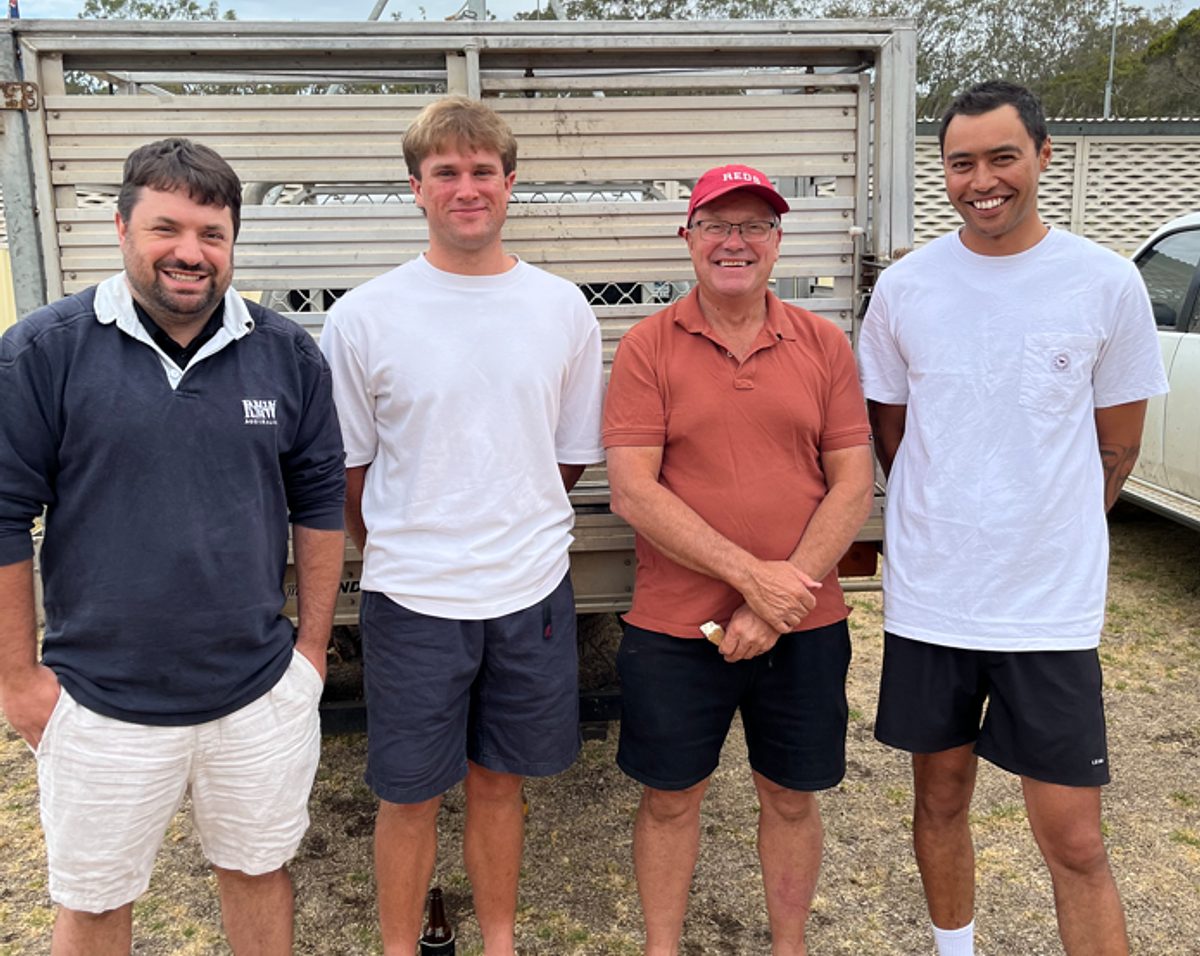Biosecurity checks show more KI visitors avoid banned goods
Far more travellers are now avoiding taking honey, dirty potatoes and other banned items to Kangaroo Island, following a two-year biosecurity compliance program at Cape Jervis.
The results of the intensive operation by Natural Resources Kangaroo Island (NRKI) show less than two percent of visitors to KI now carry honey or potatoes, down from 10 per cent in 2015.
7000 checks
Over the two years, NRKI biosecurity staff have performed random checks of over 7,000 cars, trucks, caravans and campervans, crossing to the island with about 20,000 passengers. Agricultural machinery, livestock, marine craft and earth moving equipment were also checked.
NRKI Biosecurity Liaison Officer Andrew Triggs said the checks, together with more signage and education, have significantly raised community and visitor awareness of the need to protect KI’s unique environment and agricultural industries.
“Over the past two years we’ve observed a significant change in behaviour. This downward trend is very encouraging and we hope it continues,” Mr Triggs said.
“Honey and bee products are banned because they may contain the fungal disease American Foulbrood, while unwashed or dirty potatoes may carry pests and diseases which could devastate the island’s seed potato industry.
“Kangaroo Island’s remoteness and isolation has created a special environment, and the arrival of new pests and diseases could devastate the island’s environment and agricultural industries.“
Sanctuary protected
Honey producer and Island Beehive director Peter Davis said he was pleased the biosecurity checks had reduced the number of products coming to KI that could contain diseases affecting bees.
“I’d like to thank our biosecurity team leader and praise the wonderful support given by SeaLink staff at Cape Jervis for raising awareness of the need to protect the Kangaroo Island bee sanctuary.
“We must continue to protect the world’s oldest bee sanctuary,” Mr Davis said.
Ligurian honey bees were first brought from Italy to Kangaroo Island in the 1880s, and the island was declared a bee sanctuary in 1885.
Vehicle checks will continue over summer to ensure no harmful products are brought to the island.
The checks are part of the ‘Too Good To Spoil’ project, supported by NRKI with funding from the Australian Government.
NRKI takes a strategic approach to keeping KI safe from pests and diseases, and to get rid of and control those already here. The support of our community, industries and visitors to the island is essential to the success of this strategy.
For more information, please see the NRKI 2017-27 Biosecurity Strategy.



